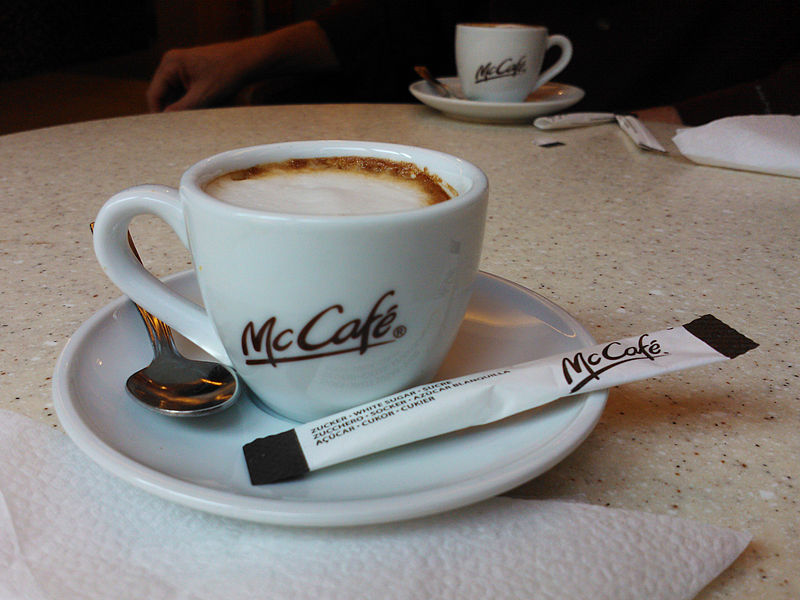
The material can also withstand heat better than the one Ford currently uses.
Ford Motor Company is trying to do its part to combat climate change by recycling old coffee waste from McDonald’s into car parts. The automaker giant will be taking food waste from the fast-food chain, redirecting it from a landfill to its laboratory, where the waste will be engineered into bioplastics, said from the automaker. In addition to reducing food waste, the process will make car parts lighter, use less petroleum, and also lower CO2 emissions.
The auto industry is under enormous pressure to reduce carbon emissions and increase the production of electric vehicles. More than a quarter of all CO2 emissions are from the transportation sector. Ford is one of four global automakers that have opposed the Trump administration by reaching a deal with California to increase the fuel economy of their new vehicle fleets through 2026. Turning the coffee waste into auto parts is a relatively minor effort compared to that, but Ford hopes that it will improve its environmental profile at the same time.
Every year, millions of pounds of coffee chaff, the dried skin of the bean that naturally comes off during the roasting process, are turned into garden mulch or charcoal. Scientists found that chaff can be converted into a durable material to reinforce certain vehicle parts. The chaff is heated to high temperatures under low oxygen, mixed with plastic and other additives and turned it into pellets. Then, the material can be formed into various shapes.
According to UK Yahoo News.